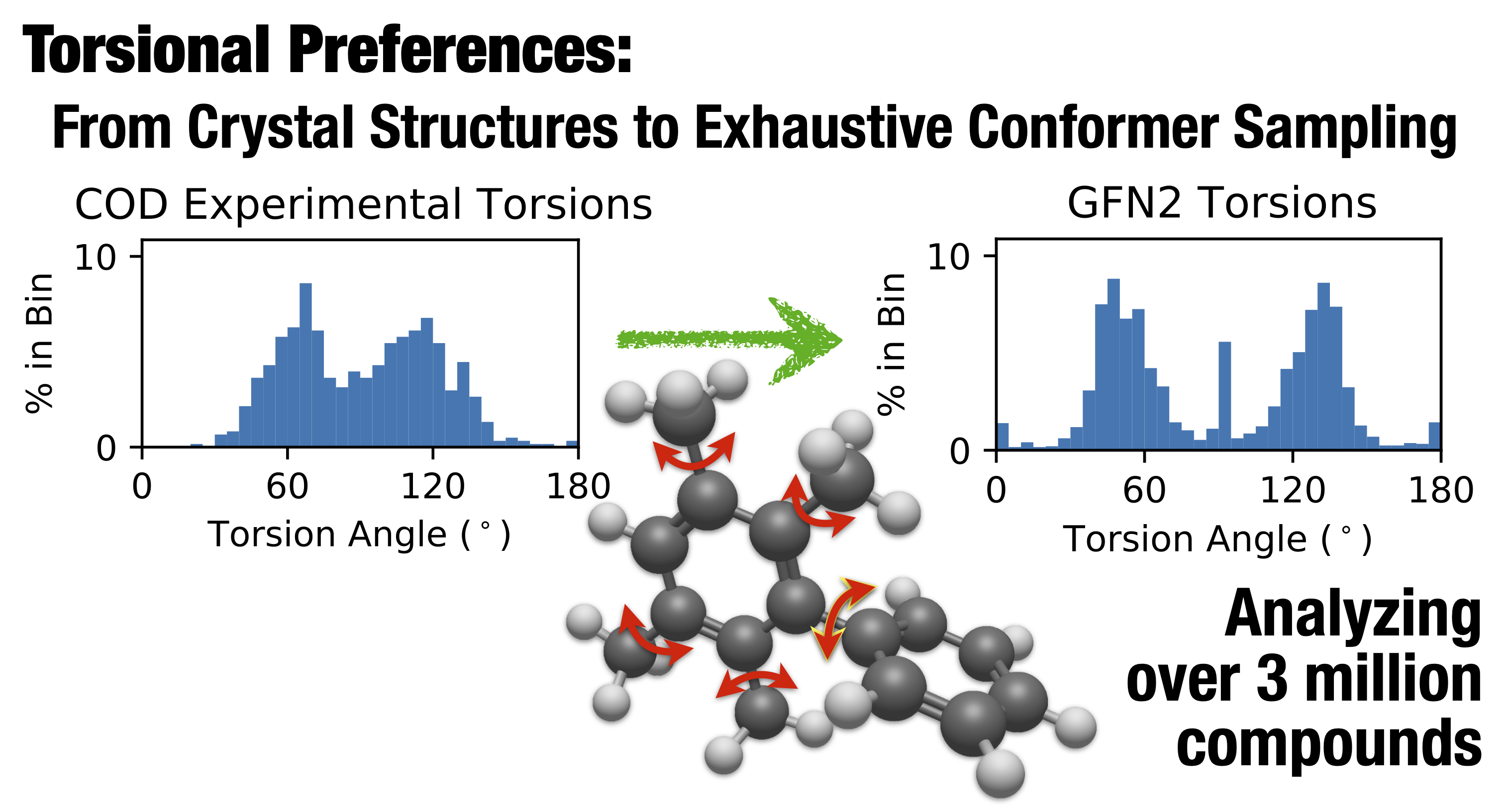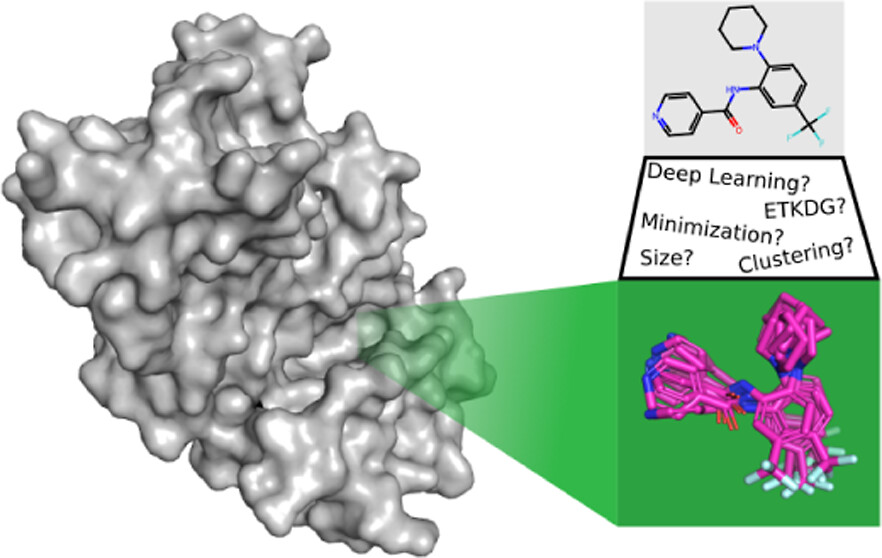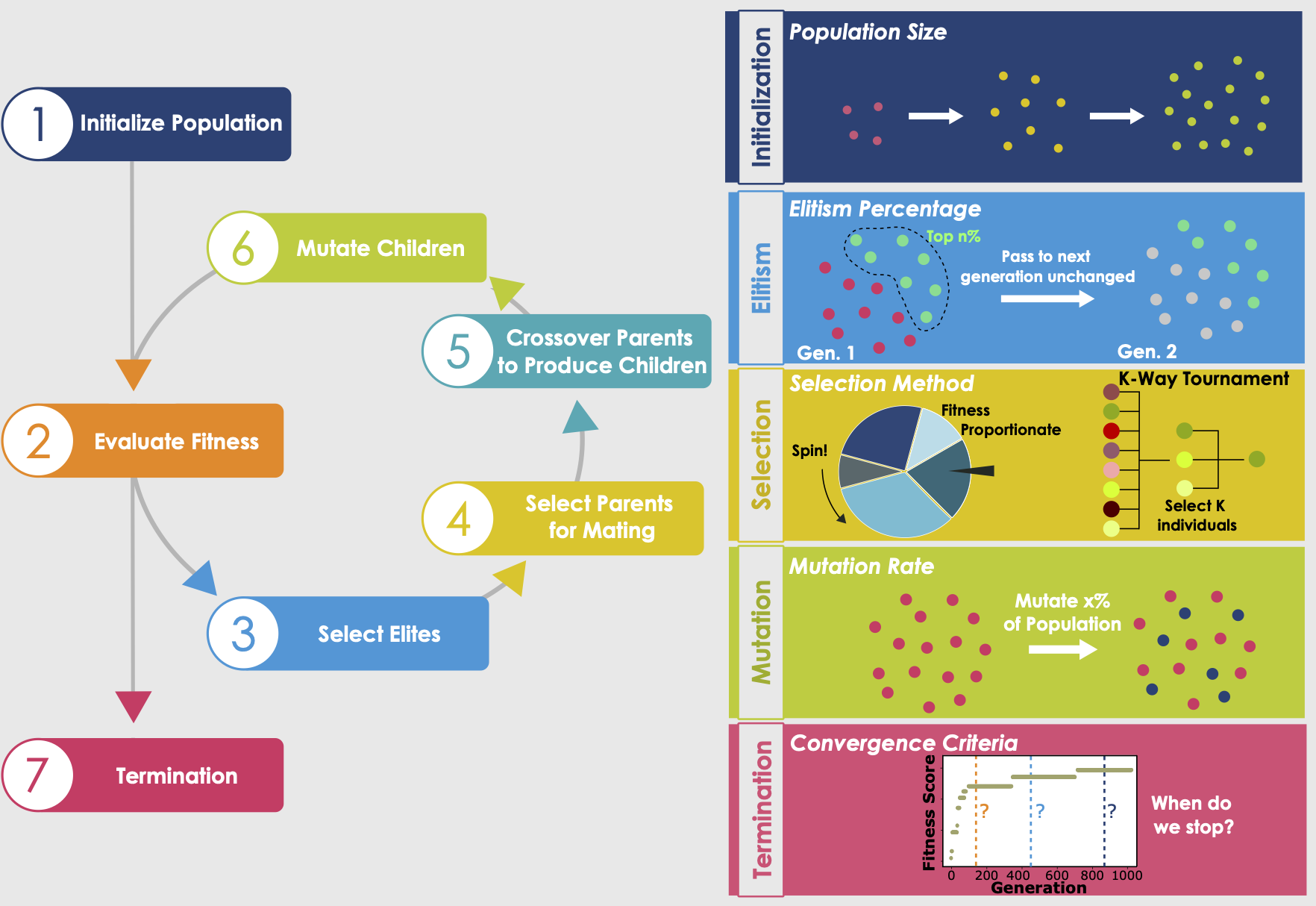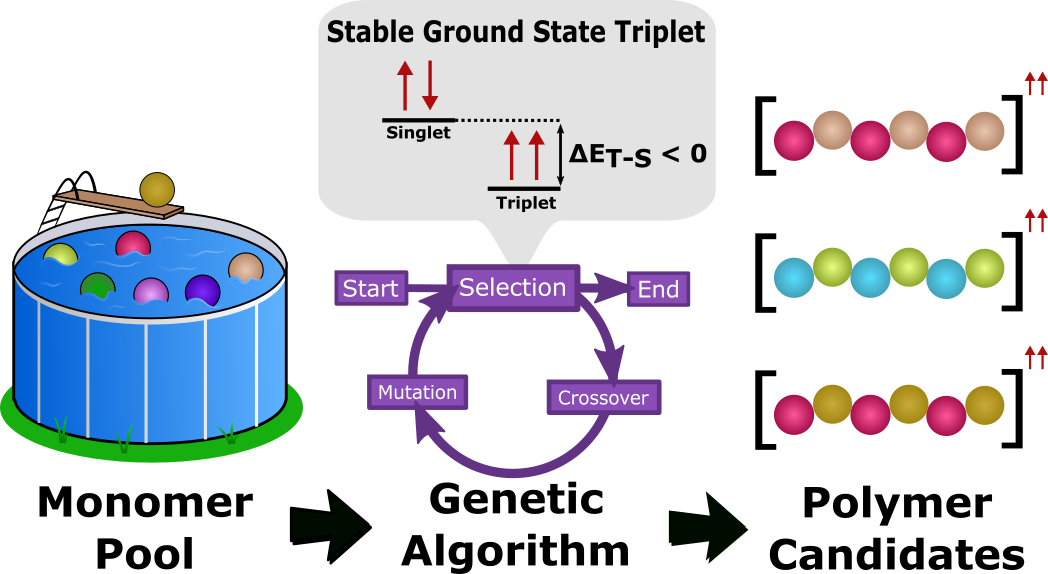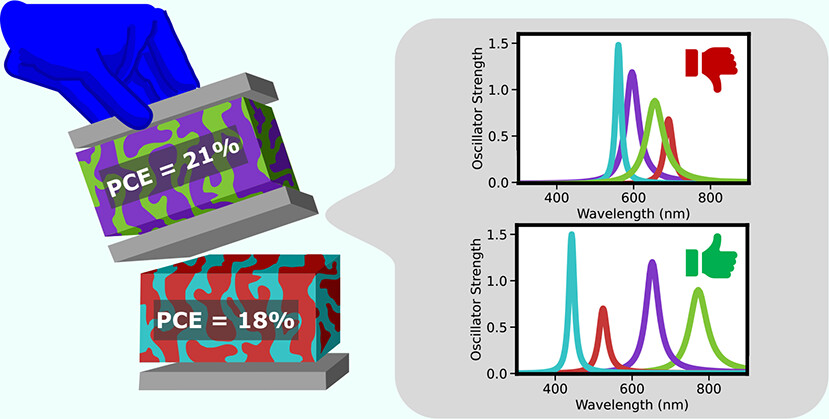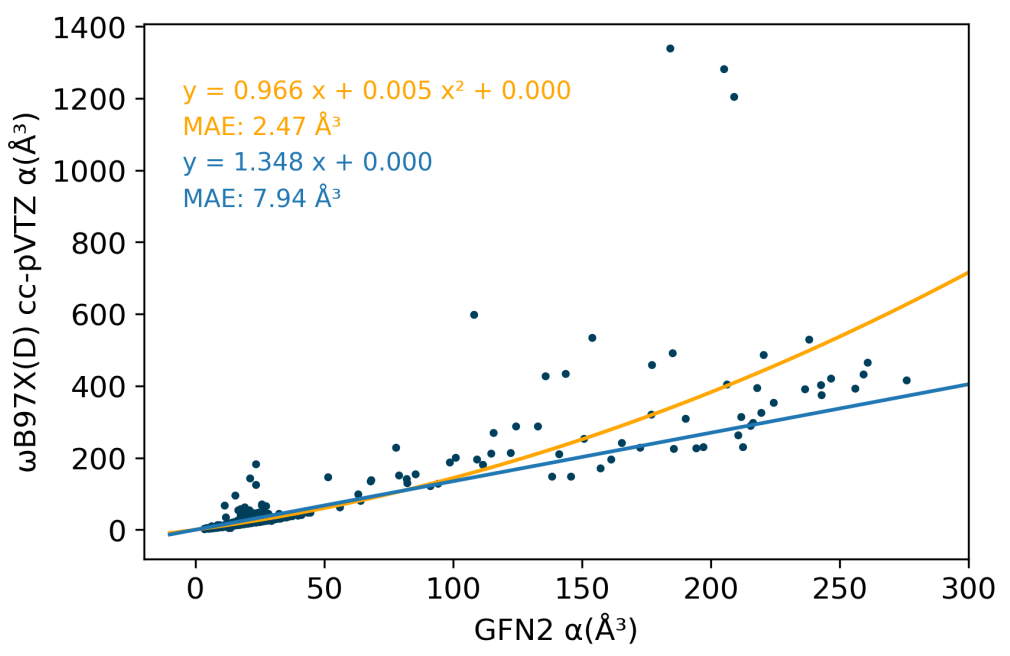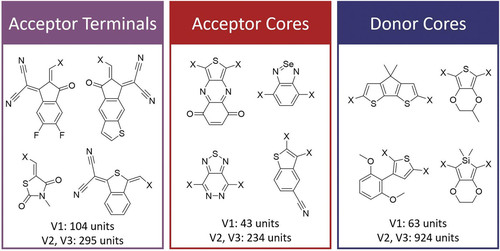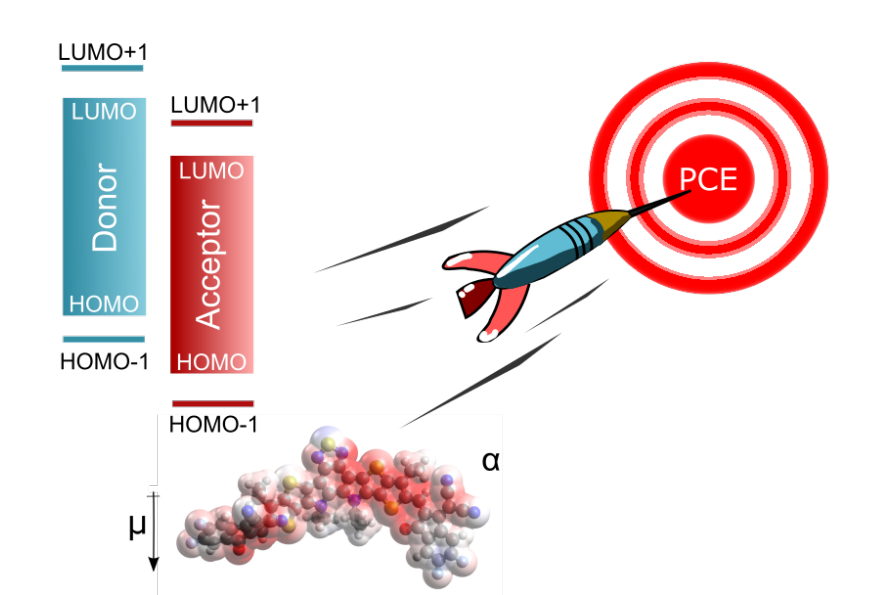Combining Experiment & Theory in Organic Electronic Materials
Our group combines experimental and computational investigations to gain deep understanding of organic electronic materials. The bottom line is to efficiently design novel molecular materials with improved properties. Below are areas we are currently studying in our lab.
Molecular Piezoelectrics
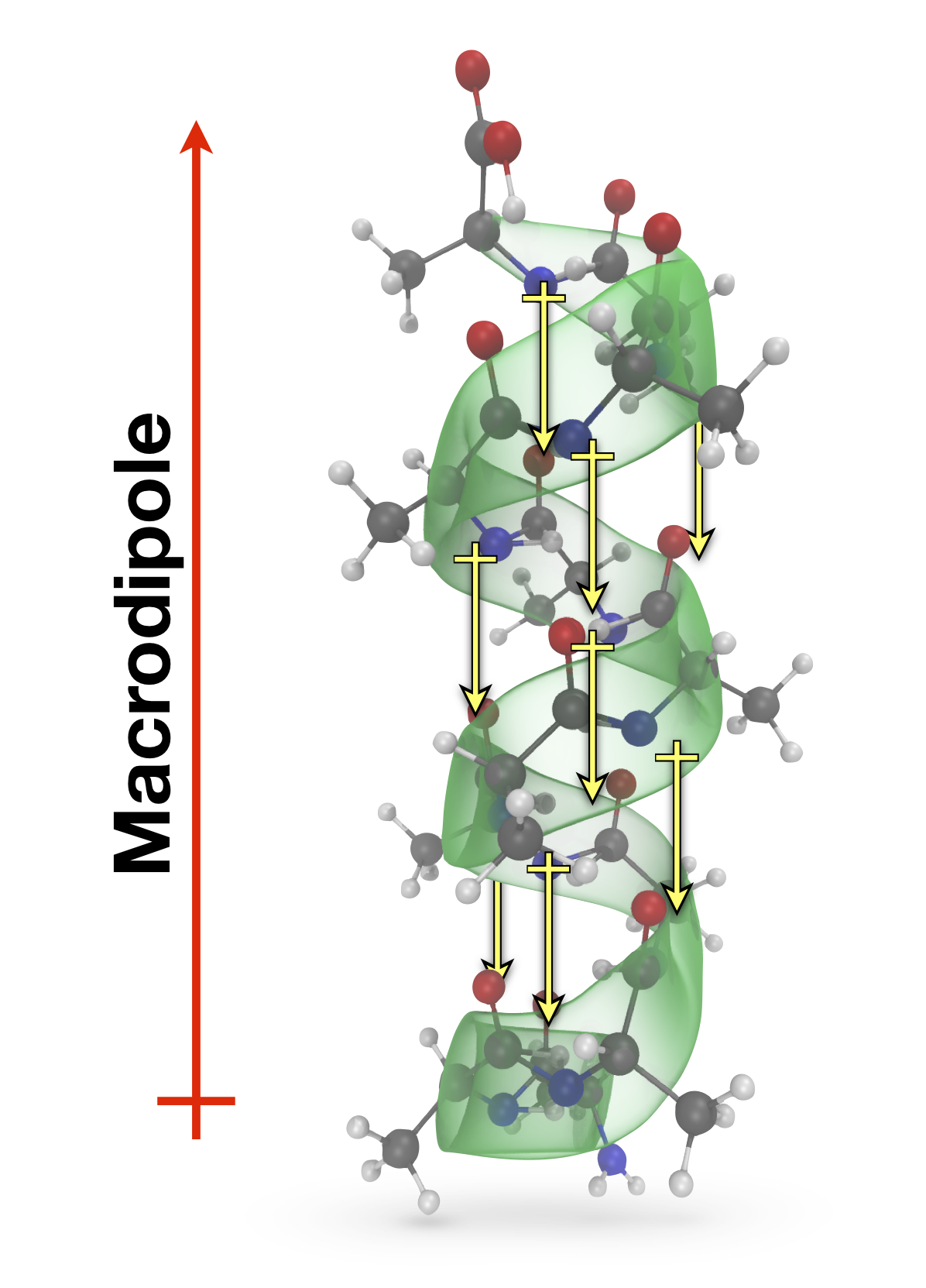 Piezoelectric materials deform shape in response to an electric field and are used in everything from high-tech atomic force microscopes (AFM) to airbag impact sensors in cars. Our group is creating nanoscale piezoelectric materials with high deformation. Potential applications include energy generation and highly sensitive sensors. Learn More…
Piezoelectric materials deform shape in response to an electric field and are used in everything from high-tech atomic force microscopes (AFM) to airbag impact sensors in cars. Our group is creating nanoscale piezoelectric materials with high deformation. Potential applications include energy generation and highly sensitive sensors. Learn More…
Organic Electronics
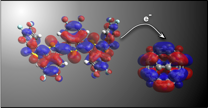 We are studying the “rational” design of novel organic electronic materials including generating millions of candidate polymers in a computational database, combined with detailed experimental and theoretical study of charge transport. With collaborators, we are also pushing to improve nano- and microscale morphology to improve electrical conductivity. Applications include efficient flexible transistors, solar cells, energy storage and more. Learn More…
We are studying the “rational” design of novel organic electronic materials including generating millions of candidate polymers in a computational database, combined with detailed experimental and theoretical study of charge transport. With collaborators, we are also pushing to improve nano- and microscale morphology to improve electrical conductivity. Applications include efficient flexible transistors, solar cells, energy storage and more. Learn More…
Charge Transport & Designer Defects
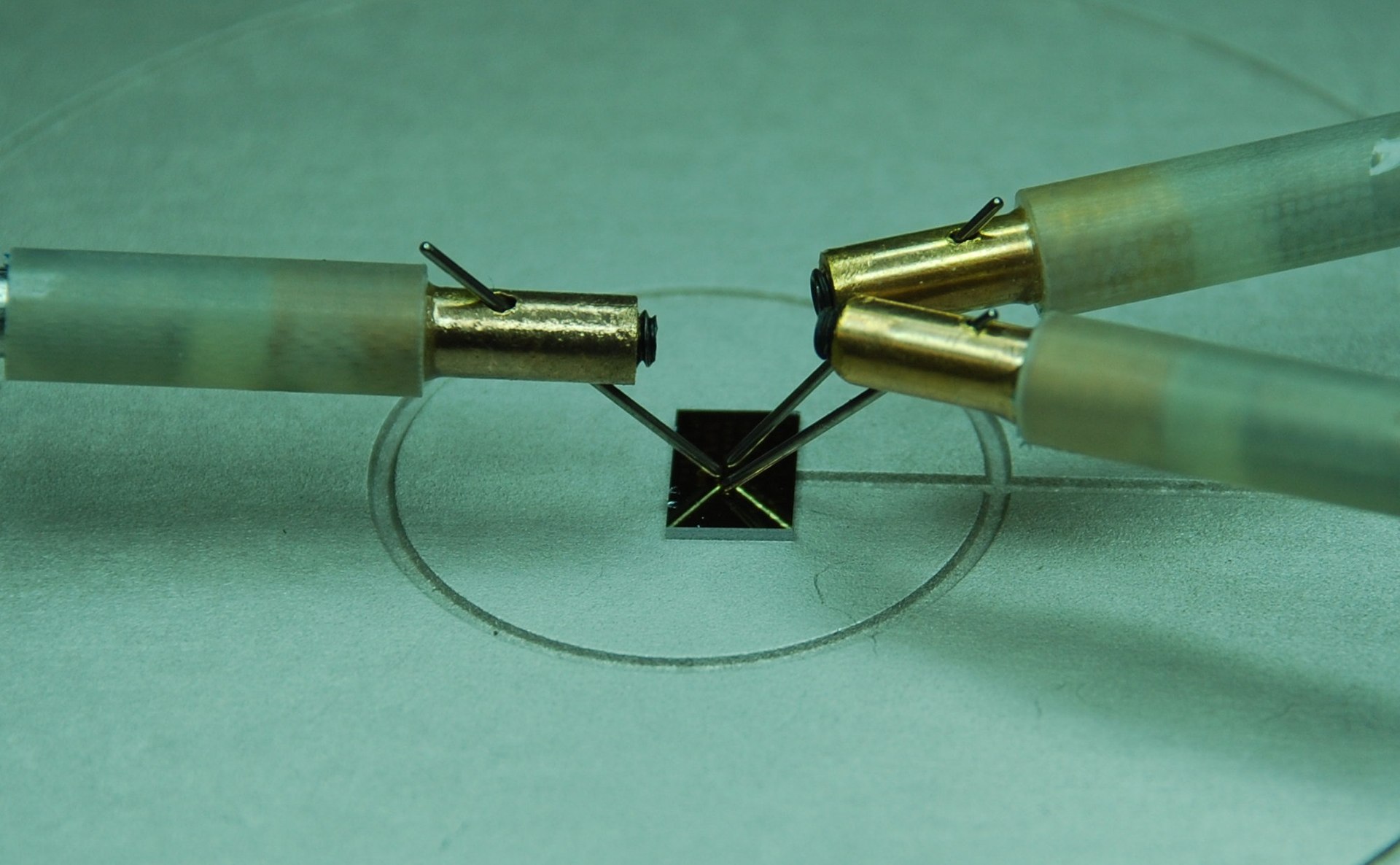 Our group is creating monolayer and nanoscale devices with designed defects: both in terms of the type and concentration of defects. The combined experimental and computational research will enable greater understanding of charge transport in molecular materials. Learn More…
Our group is creating monolayer and nanoscale devices with designed defects: both in terms of the type and concentration of defects. The combined experimental and computational research will enable greater understanding of charge transport in molecular materials. Learn More…
Materials Discovery
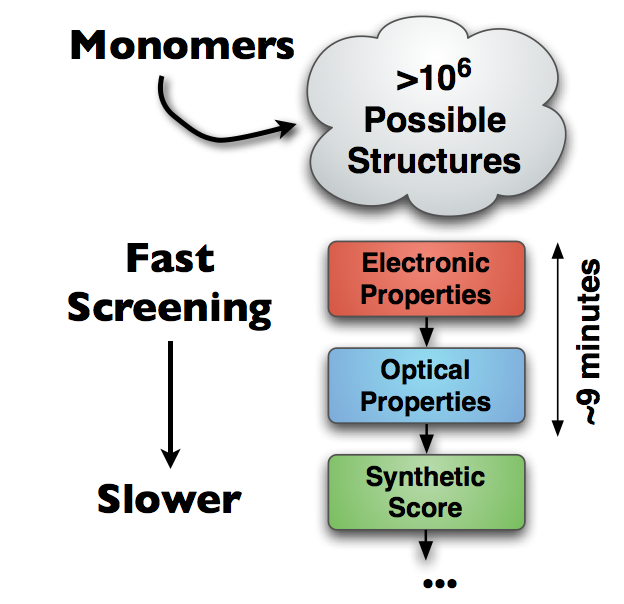 We are driving the discovery of new materials through the use of rapid computational screening using quantum chemical methods. Through genetic algorithms and other screening methods, we seek molecules, polymers, and materials with new properties for experimental investigation. Learn More…
We are driving the discovery of new materials through the use of rapid computational screening using quantum chemical methods. Through genetic algorithms and other screening methods, we seek molecules, polymers, and materials with new properties for experimental investigation. Learn More…
Cheminformatics
Put simply, cheminformatics focuses on understanding how to efficiently represent chemistry, and particularly molecules to computers. From our development of Open Babel and other open source toolkits, we seek to push for faster and more accurate methods in cheminformatics. These tools allow us to generate massive computational data sets, run our materials discovery pipelines, and accelerate machine learning in chemistry. Learn More…
Machine Learning & Data Science
We use statistical methods, data science, and a variety of machine learning methods to analyze our results and drive future research. Whether training fast neural networks to replicate computationally demanding quantum chemistry methods or using Bayesian optimization to rapidly find new conformers, we look for methods that help us finish research faster and better. Learn More…
Recent Publications
Systematic Comparison of Experimental Crystallographic Geometries and Gas-Phase Computed Conformers for Torsion Preferences
Dakota Folmsbee, David Koes, Geoffrey Hutchison. “Systematic Comparison of Experimental Crystallographic Geometries and Gas-Phase Computed Conformers for Tor...
Conformer Generation for Structure-Based Drug Design: How Many and How Good?
Andrew T. McNutt, Fatimah Bisiriyu, Sophia Song, Ananya Vyas, Geoffrey R. Hutchison, and David Ryan Koes. “Conformer Generation for Structure-Based Drug Desi...
Determining Best Practices for Using Genetic Algorithms in Molecular Discovery
Brianna L. Greenstein, Danielle C. Elsey, Geoffrey R. Hutchison. “Determining Best Practices for Using Genetic Algorithms in Molecular Discovery” J. Chem. Ph...
Using genetic algorithms to discover novel ground-state triplet conjugated polymers
Omri Abarbanel, Geoffrey R. Hutchison. “Using genetic algorithms to discover novel ground-state triplet conjugated polymers” Phys. Chem. Chem. Phys., (2023),...
Screening Efficient Tandem Organic Solar Cells with Machine Learning and Genetic Algorithms
Brianna L. Greenstein, Geoffrey R. Hutchison. “Screening Efficient Tandem Organic Solar Cells with Machine Learning and Genetic Algorithms” J. Phys. Chem. C ...
Evaluating Fast Methods for Static Polarizabilities on Extended Conjugated Oligomers
Danielle Hiener, Dakota Folsmbee, Luke Langkamp, Geoffrey R. Hutchison. “Evaluating Fast Methods for Static Polarizabilities on Extended Conjugated Oligomers...
Computational evolution of high-performing unfused non-fullerene acceptors for organic solar cells
Brianna L. Greenstein, Danielle C. Hiener, and Geoffrey R. Hutchison. “Computational evolution of high-performing unfused non-fullerene acceptors for organ...
Organic Photovoltaic Efficiency Predictor: Data-Driven Predictions of Power Conversion Efficiencies of Non-Fullerene Acceptor Organic Solar Cells
Brianna Greenstein, Geoffrey R. Hutchison. “Organic Photovoltaic Efficiency Predictor: Data-Driven Predictions of Power Conversion Efficiencies of Non-Fuller...
